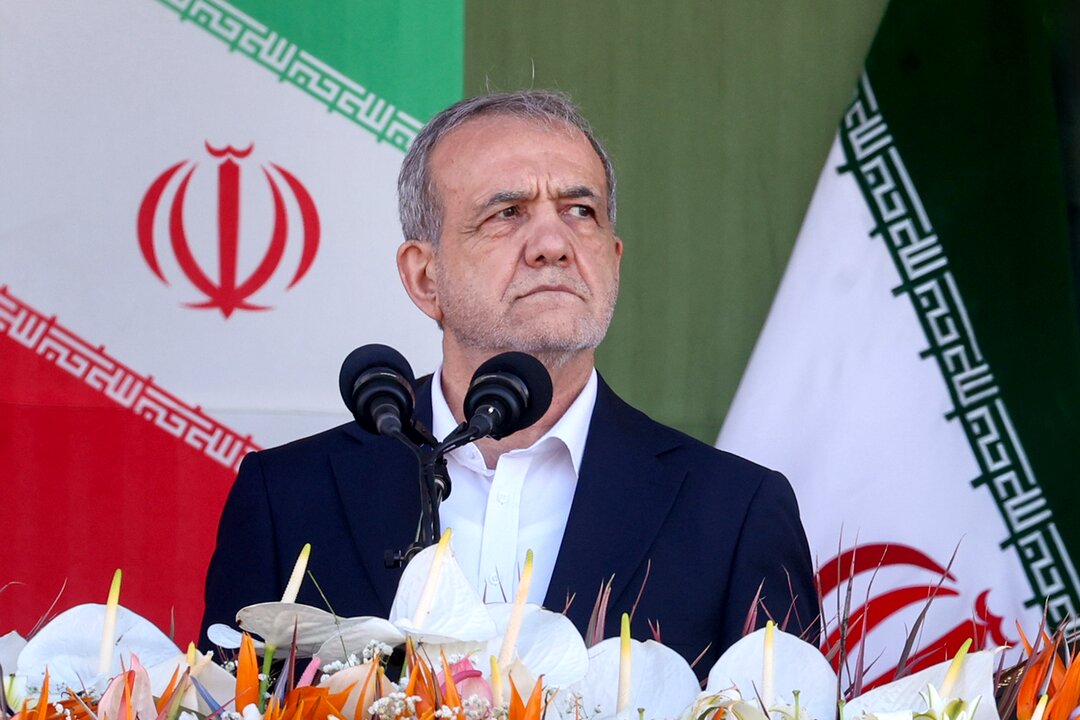
Similar Posts

Urgent Alert: Iran’s Medical Authority Sounds Alarm Over Talent Drain of Skilled Healthcare Professionals
Iran’s healthcare system is facing a severe challenge in filling medical vacancies, with the Iranian Medical Council highlighting doctor and nurse shortages as a major concern for the upcoming year. Spokesman Reza Laripour noted that staffing, financing, and supplies are critical issues. Current government-set medical fees do not reflect inflation, causing dissatisfaction among healthcare professionals, particularly nurses, who have protested poor working conditions and unpaid wages. Laripour warned that without urgent government intervention, rising inflation could lead to further workforce emigration and a potential collapse of the healthcare system, jeopardizing accessible quality care for Iranians.
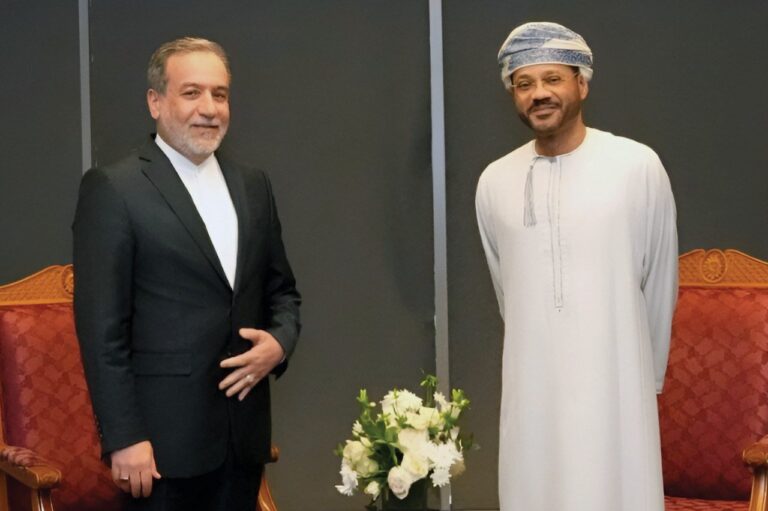
Uncovering the Mystery: Shocking Events at Albusaidi’s Home This Saturday!
Recent diplomatic talks between Iran and the U.S. in Oman marked a significant encounter, with both sides eager to gauge outcomes. The discussions, facilitated by Omani Foreign Minister Badr bin Hamad Albusaidi, involved key representatives Seyyed Abbas Araghchi (Iran) and Steve Witkoff (U.S.), exchanging fewer than ten written messages. Araghchi emphasized Iran’s commitment to a mutually beneficial agreement, refusal to dismantle its nuclear program, and demands for sanctions relief. Meanwhile, European nations are reportedly attempting to disrupt negotiations and seek involvement, raising concerns about their influence. The path ahead remains uncertain, with trust issues stemming from the U.S. withdrawal from the JCPOA.
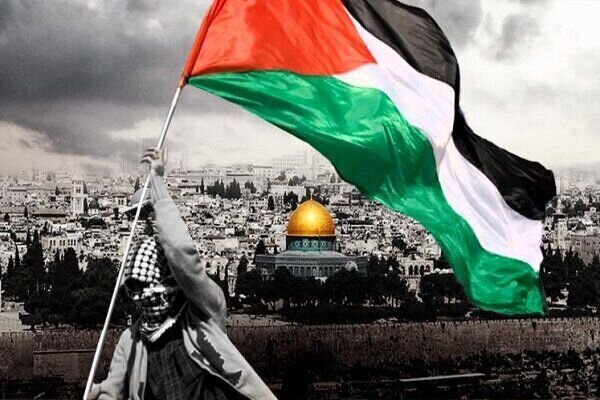
Quds Day: Standing Strong Amidst the Flood Crisis
Imam Khomeini designated the last Friday of Ramadan as International Quds Day to unify the Islamic world against Zionism and support Palestinian liberation. This initiative highlights the importance of Quds, seen as vital for all Muslims, and emphasizes the need for solidarity among oppressed nations. Recent events, like the “Al-Aqsa Flood” operation, show a growing call for Palestinian liberation, despite normalization attempts by regional governments. Khomeini envisioned a “Party of the Oppressed” to unite those fighting imperialism. He warned against the dangers of Israeli normalization, asserting that Quds Day is crucial for rallying Islamic nations against oppression and fostering unity.
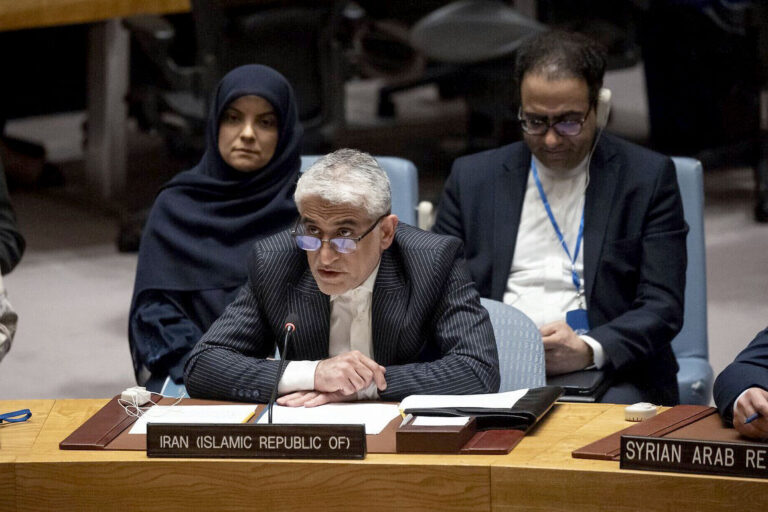
Iran Asserts Unconditional Sovereignty Over Key Persian Gulf Islands, U.N. Envoy Declares
Iran’s UN Ambassador, Amir-Sa’eed Iravani, has rejected claims of interference regarding the sovereignty of three Iranian islands in the Persian Gulf, labeling such assertions from the Gulf Cooperation Council as “unacceptable.” In his letter following the Council’s meeting, Iravani affirmed Iran’s sovereignty over Abu Musa, Greater Tunb, and Lesser Tunb. He also defended the historical name “Persian Gulf” and emphasized that Iran’s foreign policy is guided by international law and mutual respect. Additionally, he dismissed references to Iran’s nuclear program as baseless, affirming the nation’s commitment to peaceful nuclear activities under the Non-Proliferation Treaty.
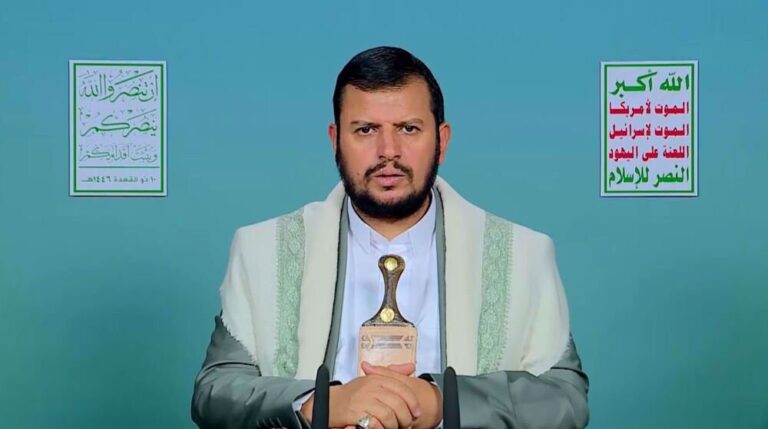
Religious and Secular Zionists Unite for the Vision of a Greater Israel
In a televised address, Abdul-Malik al-Houthi condemned the ongoing violence in Gaza, labeling it a “genocide” that has lasted 19 months. He urged the Islamic Ummah, particularly Arab nations, to act against the atrocities, emphasizing the live broadcasts of the violence as a moral imperative. Houthi criticized Arab leaders for prioritizing public image over the threat posed by Zionism, highlighting Israel’s disdain for normalization efforts. He praised the resilience of Palestinians and stressed the need for comprehensive support from the Islamic world. Yemen’s military actions, including recent missile strikes on Israel, were noted as a commitment to the Palestinian cause.
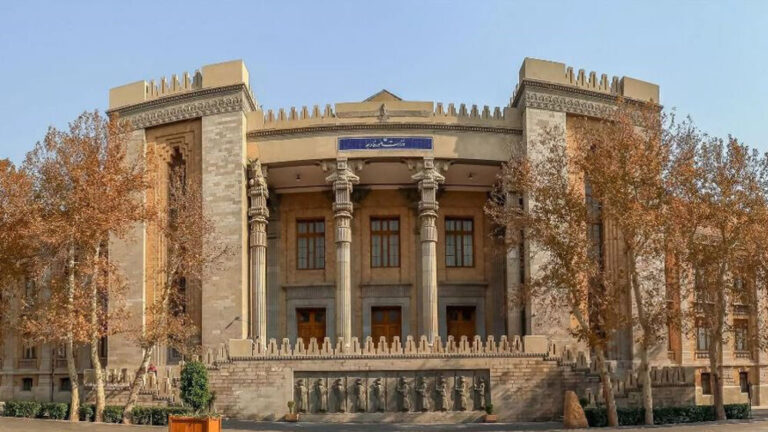
Iran’s Foreign Ministry Confronts UK Over Unlawful Detention of Iranian Expats
Iran’s Ministry of Foreign Affairs has summoned Britain’s chargé d’affaires in Tehran over the illegal arrest of Iranian expatriates, escalating tensions between the two nations. Shahram Ghazizadeh, the Director of the Third Department for Western Europe, demanded clarification from the UK government regarding the legal basis for these detentions and protested against the unfounded accusations made against Iran. He condemned the unlawful detentions, lack of evidence, failure to notify the Iranian embassy, and denial of consular access. Ghazizadeh warned that the UK would be held accountable for these politically motivated actions, which violate international law and human rights standards.